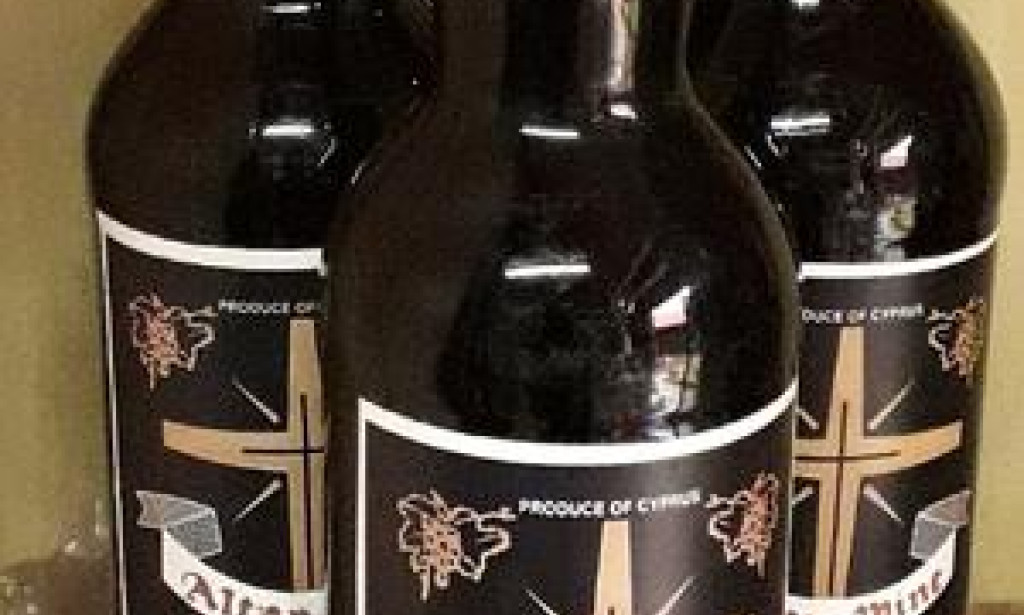Netizens React to Catholic Church’s New Altar Wine Directive in Kenya
The Kenya Conference of Catholic Bishops (KCCB) has recently sparked heated debate online after announcing the introduction of a new brand of altar wine to be used during Mass across the country. The directive, issued by Archbishop Maurice Muhatia Makumba, who serves as the Chairperson of the KCCB, also includes the abolishment of the current altar wines that had been in use for years.
The move has drawn a wave of criticism from both Catholic faithful and the general public, with many Kenyans taking to social media to question the motives, transparency, and practicality behind the decision.
The New Directive: A Sudden Shift in Tradition
During the National Prayer Day held in Subukia, Archbishop Muhatia announced that the Catholic Church in Kenya would now use a newly approved altar wine manufactured in South Africa.
“The wine that has now been approved by the Bishops’ Conference for use during Mass is the one bearing the coat of arms of the Kenya Conference of Catholic Bishops, together with the signature of the Chairman of the Bishops’ Conference,”
— said Archbishop Maurice Muhatia Makumba.
According to the statement, this specific wine brand has received formal approval and certification from the bishops’ body, making it the only wine authorized for sacramental use in Kenya’s Catholic churches.
Lack of Clarity Behind the Change
While the Church did not provide a clear explanation for phasing out the previous wines, speculation among the faithful suggests availability and authenticity could be factors. Some reports indicate that the former altar wines were easily accessible in ordinary wine shops, which might have made it difficult to differentiate between sacramental wine and commercial varieties.
Others argue that the shift could be part of a standardization effort to ensure quality control and proper handling of holy materials. However, without an official statement elaborating on the reasoning, many churchgoers feel left in the dark.
Online Backlash and Public Criticism
As soon as the directive surfaced online, social media erupted with mixed reactions. Many Kenyan Catholics expressed frustration over the sudden change, calling it unnecessary and elitist. Some accused the bishops of commercializing religious practices, claiming that the move may benefit specific suppliers or importers rather than serve the spiritual needs of the Church.
A number of users questioned why the KCCB chose to import wine from South Africa instead of supporting local production. Others viewed it as a symbol of disconnection between Church leadership and ordinary believers already struggling with the rising cost of living.
“Why import wine from South Africa when we have capable producers here in Kenya? This is not about holiness — it’s about business,” one user wrote on X (formerly Twitter).
Concerns Over Cost and Accessibility
Priests and parish members from various dioceses have also voiced concerns that the new regulation could make Mass preparation more expensive, especially for rural parishes with limited resources.
Previously, churches could source affordable altar wines locally, but with the new restriction, they will now need to import or purchase only the approved KCCB brand, which may not be readily available in all regions.
Such logistical and financial challenges have raised fears that small parishes may struggle to comply with the directive, potentially disrupting religious services in some areas.
The Church’s Defense
Supporters of the decision, however, argue that the bishops are acting in the interest of liturgical purity and uniformity. They claim that using a single, approved brand helps prevent abuse or misuse of sacramental materials, ensuring that only properly consecrated wine is used during the Eucharist.
They also emphasize that this measure aligns Kenya with global Catholic standards, where official episcopal conferences often regulate the type of wine allowed for Mass.
A Debate of Faith, Symbolism, and Transparency
The altar wine controversy has opened broader discussions about accountability and modernization within the Catholic Church in Kenya. Many faithful are calling for the KCCB to release a detailed explanation outlining the reasons behind the decision, the selection process of the new wine, and whether consultations were made with parish leaders before implementation.
At its core, the debate reflects a growing tension between tradition and transparency — between preserving sacred practices and addressing the public’s demand for openness in Church affairs.
Final Thoughts
As the discussion continues, it’s clear that the issue goes beyond the type of wine used at the altar. For many believers, it represents a deeper concern about how decisions are made in institutions that hold spiritual authority over millions.
Whether the new directive will strengthen unity or deepen skepticism among the faithful remains to be seen — but one thing is certain: the Catholic Church’s altar wine has become the latest flashpoint in Kenya’s online discourse.
Want to share your thoughts or write trending opinion pieces like this?
Join Lodpost.com to publish your own articles and get paid for your voice.


You must be logged in to post a comment.